Setting his hands down on the timer, sophomore Preston Schwartz prepares to solve the puzzle sitting in front of him. As soon as the timer starts, Schwartz’s hands begin to move in a storm of swift movements, each one getting him closer to completing the puzzle. Schwartz has competed in several competitions, and has won three gold medals and three silver medals in total during his career.
While at competitions, Schwartz faces the pressures of solving in front of other people, as well as trying to be successful with solving the cube and getting a quick time.
“When I’m on the stage solving, I feel like I’m solving a completely different thing, like the feel of the actual cube is different,” Schwartz said. “I feel like I do really well under pressure and I usually turn a little bit faster, which of course is good. So it does feel different, and being under pressure usually helps me perform better.”
Schwartz originally started solving Rubik’s cubes after getting inspiration from friends when he was younger.
“When I was in second grade I met a friend who was able to solve it,” Schwartz said. “It was really interesting and mind blowing that you could solve one. A couple years later, I met more people who knew how and I decided to just learn.”
Part of the reason Schwartz originally started competing was after seeing content creators post their experiences online.
“I started seeing videos of people going [to competitions] and vlogs, and it looked super fun,” Schwartz said. “It was something I was into, and I wanted to meet or join a community of something I was interested in. By the time I was in fifth grade, I started competing.”
Schwartz prepares for these competitions by practicing in his free time at home using some of his own supplies.
“I practice almost every day; there’s a website that has a timer and different scrambles on there…I’ll only follow the scrambles that they give me so it’s not unfair,” Schwartz said. “I also have my own little timer and I’ll put my hands down and solve it.”
Additionally, Schwartz has an extensive collection of various Rubik’s cubes.
“I probably have around 120-150 different Rubik’s cubes,” Schwartz said. “I think that the Pyraminx is probably my favorite puzzle. I also really enjoy the five by five; if I could only pick one [favorite] it would be the Pyraminx.”
His fastest solving time for a Pyraminx puzzle is 2.76 seconds, and his average time stands at 3.35 seconds.
“When I first won, it was eye opening…it made me realize that I was pretty good,” Schwartz said. “I felt like the practice I’ve put in is taking me somewhere, so it felt really good to get my first win.”
Many of Schwartz’s competitions allow him to travel to different cities because there aren’t many locally.
“I’ve probably traveled outside of Vegas for half of them,” Schwartz said. “I usually go with my dad [when I travel]. I’ve been to places nearby like L.A., St. George, and I went to San Francisco for one of them.”
His parents have been supportive of his hobby, and they have made memories when traveling together.
“He [Preston] was competing for the first time at Western Championships in L.A. and the best and most famous cuber in the world [Max Park] was also competing. As Preston was solving a four by four, a guy came and sat next to him and a crowd of people with cameras came over to take videos,” father Jeffrey Schwartz said. “That’s when I realized that he was at the same table at the same time as Max, and what was funny was that after he had started his solve, Max sat down, did his solve, got up and left, the crowd left, and Preston was still doing his solve, and ended up getting a good time.”
Schwartz still has hopes to continue competing and getting more involved with competitions.
“I think my next step would be becoming a delegate,” Schwartz said. “It is the person who is sort of in charge of running the competitions, inputting scores, and making sure that all the rules are being followed.”
Schwartz encourages everyone to try and solve a Rubik’s cube for themselves, and believes that with practice and dedication they can also become good at solving.
“I encourage anyone to learn how to solve it because it’s just really fun to learn and it’s a great way to challenge yourself,” Schwartz said. “The best place to start is to get a Rubik’s cube of course, and then I would just recommend finding a tutorial. It’ll take a couple hours, but eventually you’ll solve it, and it’ll be worthwhile.”

![Competing in the Vegas Cubing Fall 2023 competition, sophomore Preston Schwartz rushes to solve the Pyraminx puzzle. Schwartz has competed in various competitions to display his skills. “The Pyraminx [puzzle] is my best event,” Schwartz said. “It’s the one that I focus the most on.”](https://southwestshadow.com/wp-content/uploads/2023/11/IMG_6242-1.jpg)
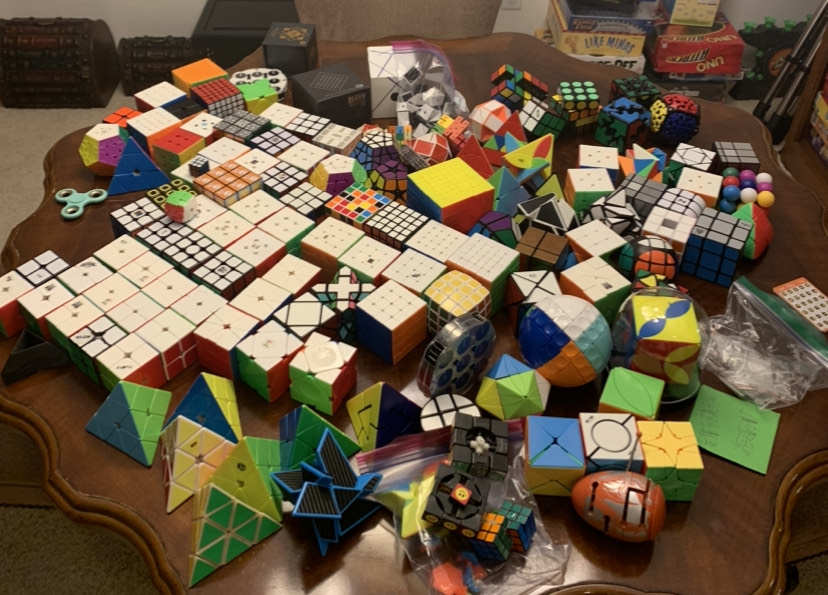
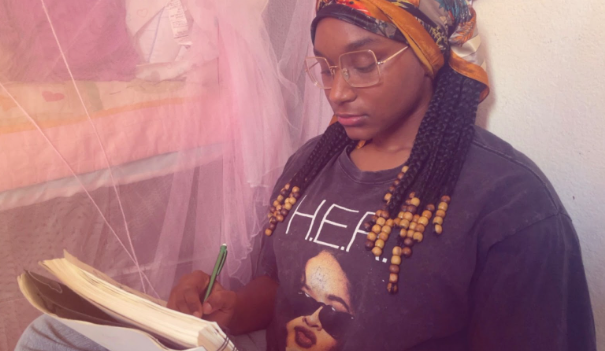
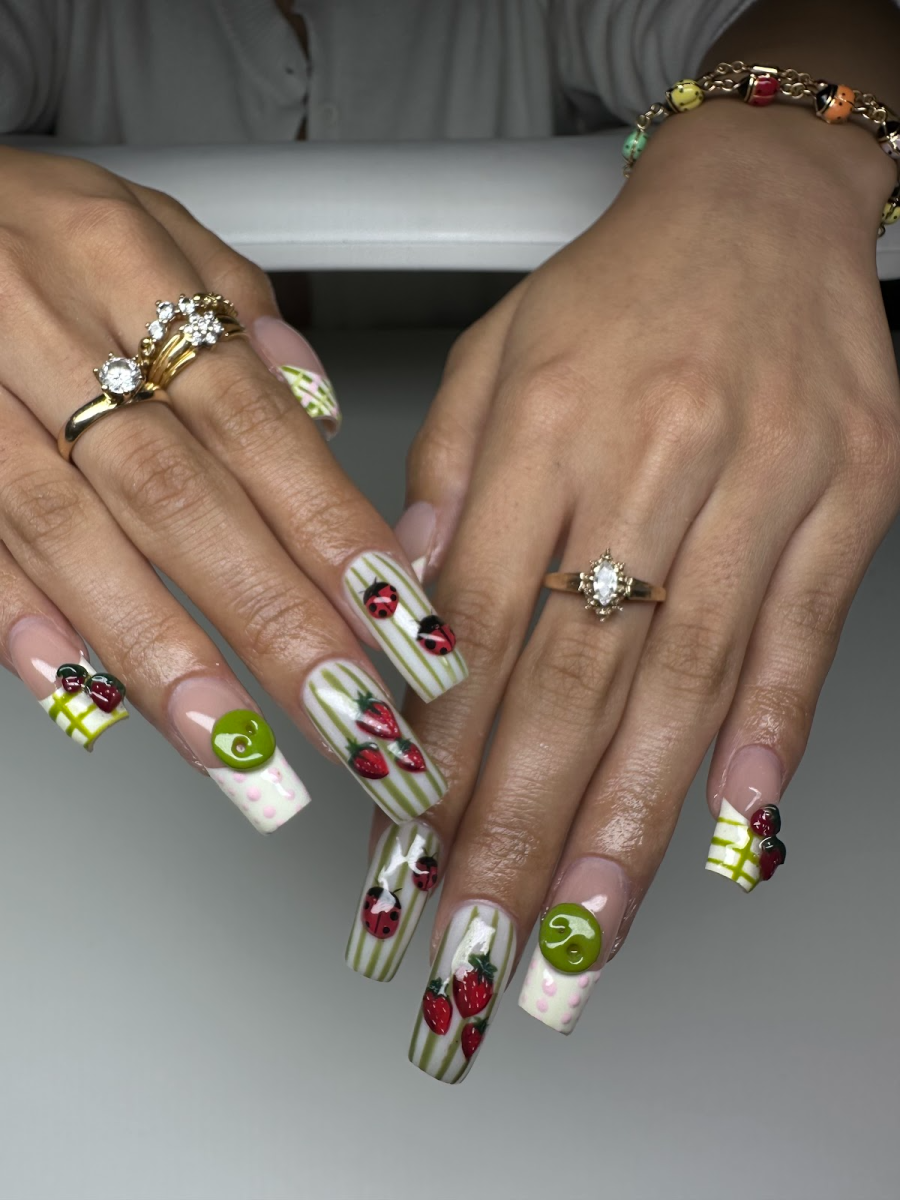
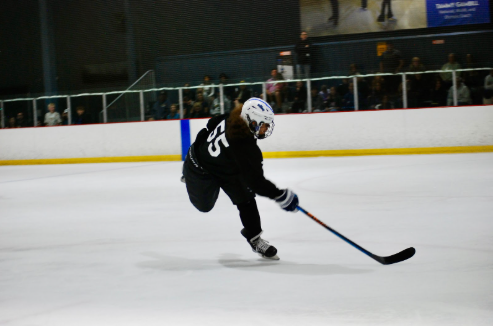


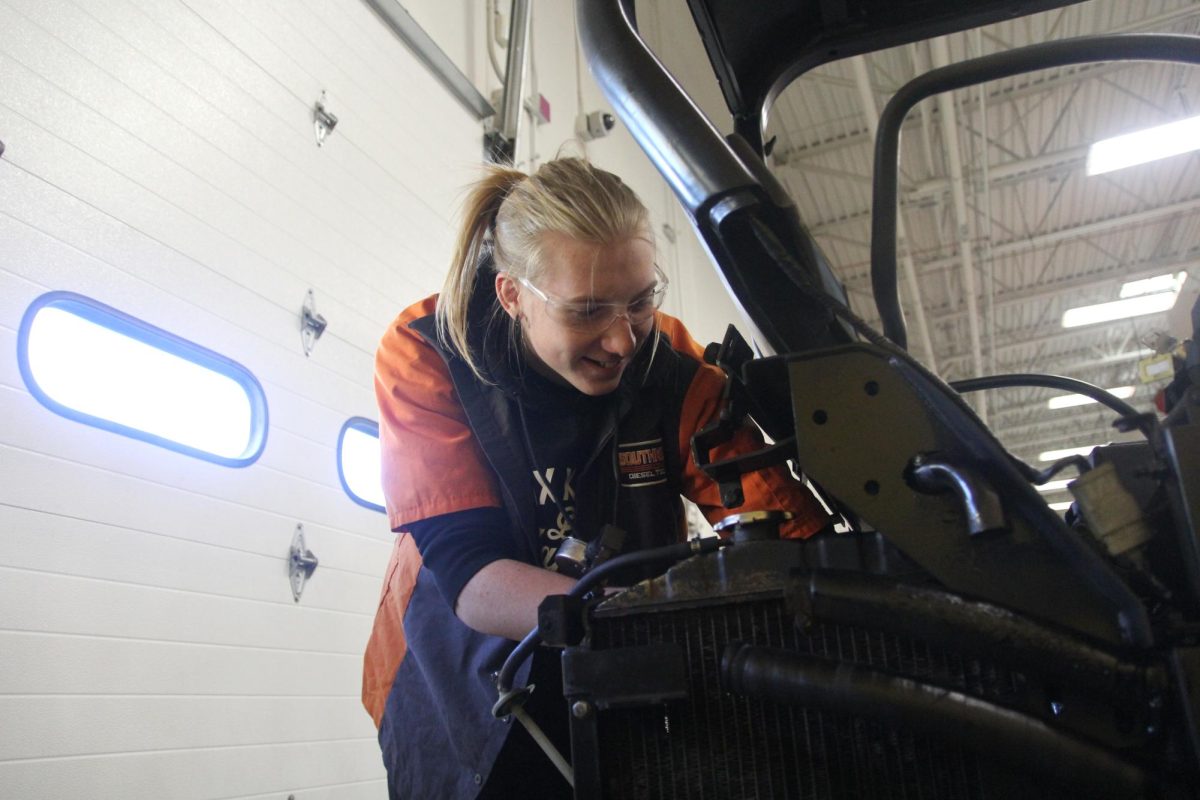
SomeCuber • Dec 16, 2023 at
I was at this competition im Logan Carlson congrats on 1st place!
Anonymous • Dec 7, 2023 at
so talented, i take ages just to solve one.